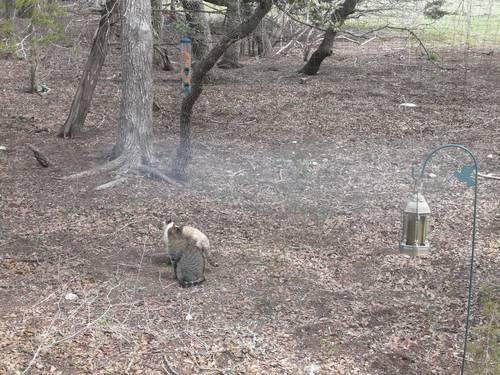
 1
1




 7
7
 1
1




Need more info?
Ernie and Erica
Wood burning stoves, Rocket Mass Heaters, DIY,
Stove plans, Boat plans, General permiculture information, Arts and crafts, Fire science, Find it at www.ernieanderica.info

 3
3





 3
3






 2
2




Sustainable Plantations and Agroforestry in Costa Rica
 3
3




Idle dreamer
 4
4




Brenda
Bloom where you are planted.
http://restfultrailsfoodforestgarden.blogspot.com/

 4
4




Need more info?
Ernie and Erica
Wood burning stoves, Rocket Mass Heaters, DIY,
Stove plans, Boat plans, General permiculture information, Arts and crafts, Fire science, Find it at www.ernieanderica.info
 1
1




Idle dreamer
 3
3




Pastured pork and beef on Vashon Island, WA.
 4
4









Ernie Wisner wrote: he is not in AU he is in NZ...

Sustainable Plantations and Agroforestry in Costa Rica






Need more info?
Ernie and Erica
Wood burning stoves, Rocket Mass Heaters, DIY,
Stove plans, Boat plans, General permiculture information, Arts and crafts, Fire science, Find it at www.ernieanderica.info




Brenda
Bloom where you are planted.
http://restfultrailsfoodforestgarden.blogspot.com/

 3
3




Ernie Wisner wrote:well you can tell their thinkin is screwy, just look at those red faces, all the blood is rushed to there heads making it so. Silly up side down people.

Sustainable Plantations and Agroforestry in Costa Rica
 17
17




 3
3




"To oppose something is to maintain it" -- Ursula LeGuin

 1
1




Need more info?
Ernie and Erica
Wood burning stoves, Rocket Mass Heaters, DIY,
Stove plans, Boat plans, General permiculture information, Arts and crafts, Fire science, Find it at www.ernieanderica.info
 5
5









Sustainable Plantations and Agroforestry in Costa Rica
 3
3




 4
4




Idle dreamer
 1
1





 1
1




Need more info?
Ernie and Erica
Wood burning stoves, Rocket Mass Heaters, DIY,
Stove plans, Boat plans, General permiculture information, Arts and crafts, Fire science, Find it at www.ernieanderica.info
 1
1




P Thickens wrote: Hopefully I can get this place to a point where it'll balance itself instead of needing outside pressures; it's not there yet.
Idle dreamer




 We feed the heck out of these cats:
We feed the heck out of these cats:

Idle dreamer

 1
1




Ernie Wisner wrote: I think the thing to bring back first is the top order predator that was master of the islands; The Moa. however I am not sure how humans would handle something that can run a person down and eat them.
"To oppose something is to maintain it" -- Ursula LeGuin
 5
5




In California, a two-year study (Hawkins, 1998 ) was conducted in two parks with
grassland habitat in the East Bay Regional Park District. One park had no cats, and in
the other park there were more than 20 cats that were fed daily. There were almost
twice as many birds seen in the park with no cats than in the park with cats. California
thrashers (Toxostoma redivivum) and California quail (Callipepla californica),
common ground nesting birds were seen during surveys in the no-cat area while they
were never seen in the cat area. In addition, over 85 percent of the native deer mice
(Peromyscus maniculatus) and harvest mice (Reinthrodontomys megalotis) trapped
were in the no cat area, whereas 79 percent of the house mice (Mus musculus), which
is an exotic species to California and considered as pest, were found in the cat area.
According to Hawkins (1998 ) "cats at artificially high densities, sustained by
supplemental feeding, reduce abundance of native rodent and bird populations,
change the rodent species composition, and may facilitate the expansion of the house
mouse into new areas..." (Hawkins, 1998 ).

| I agree. Here's the link: http://stoves2.com |








